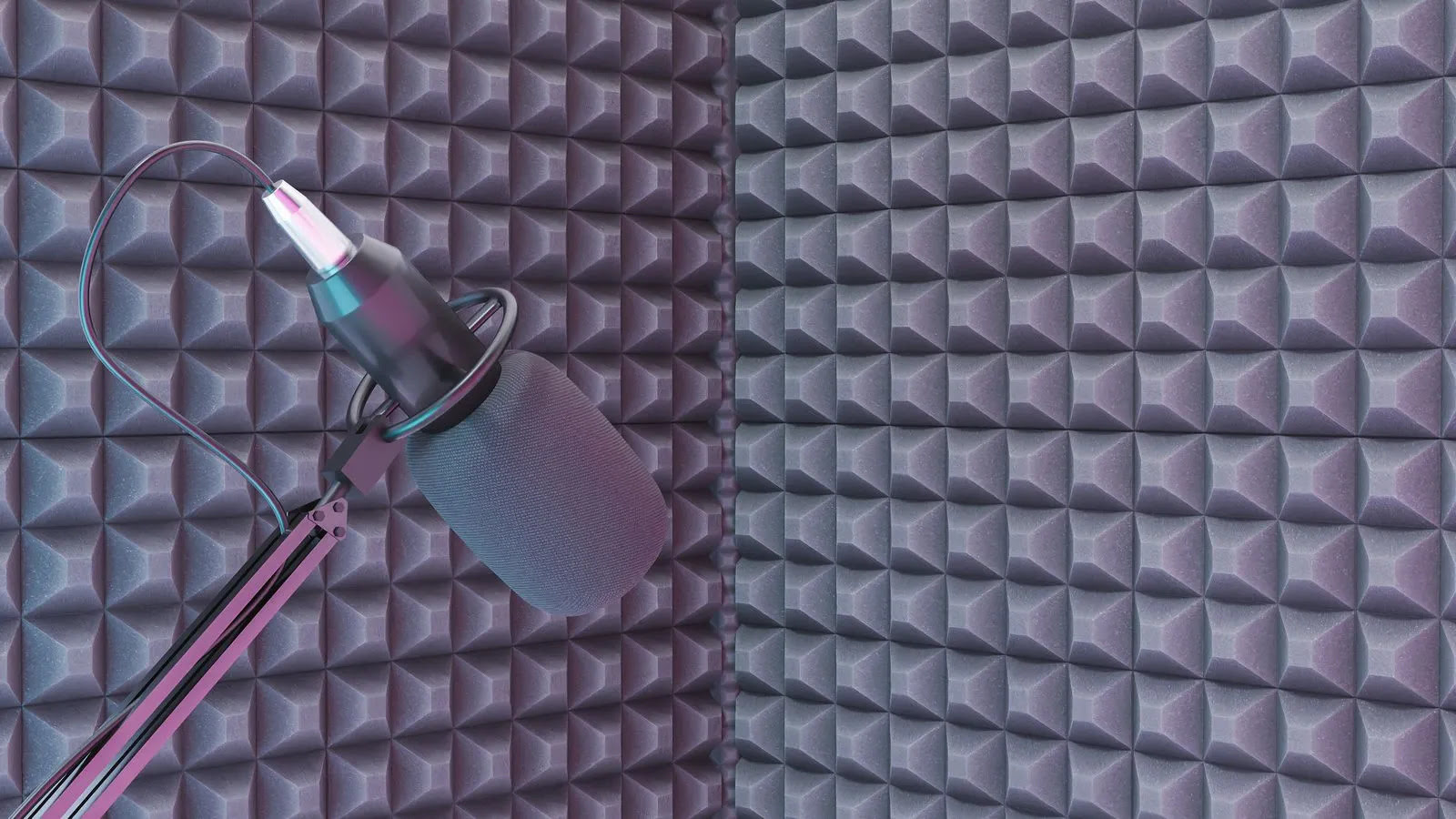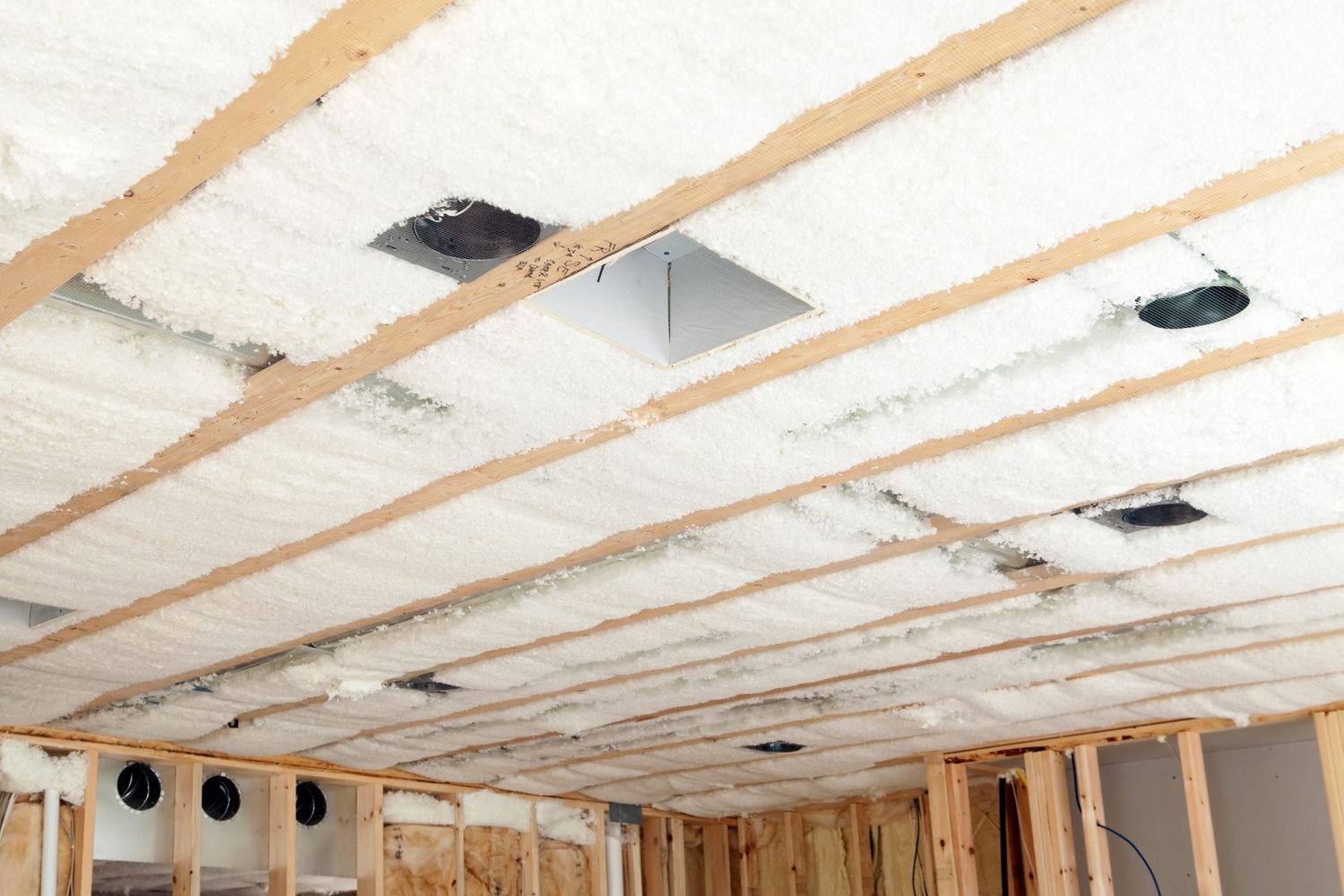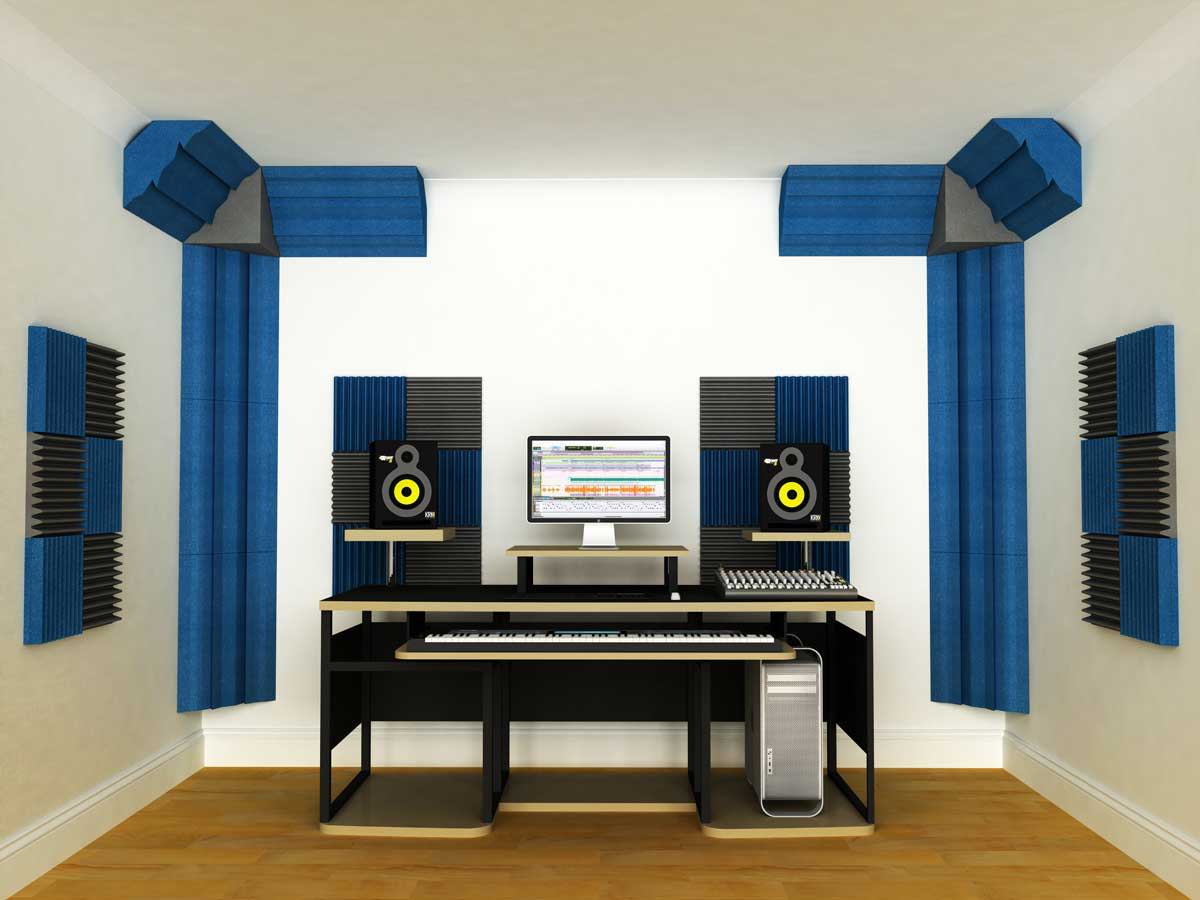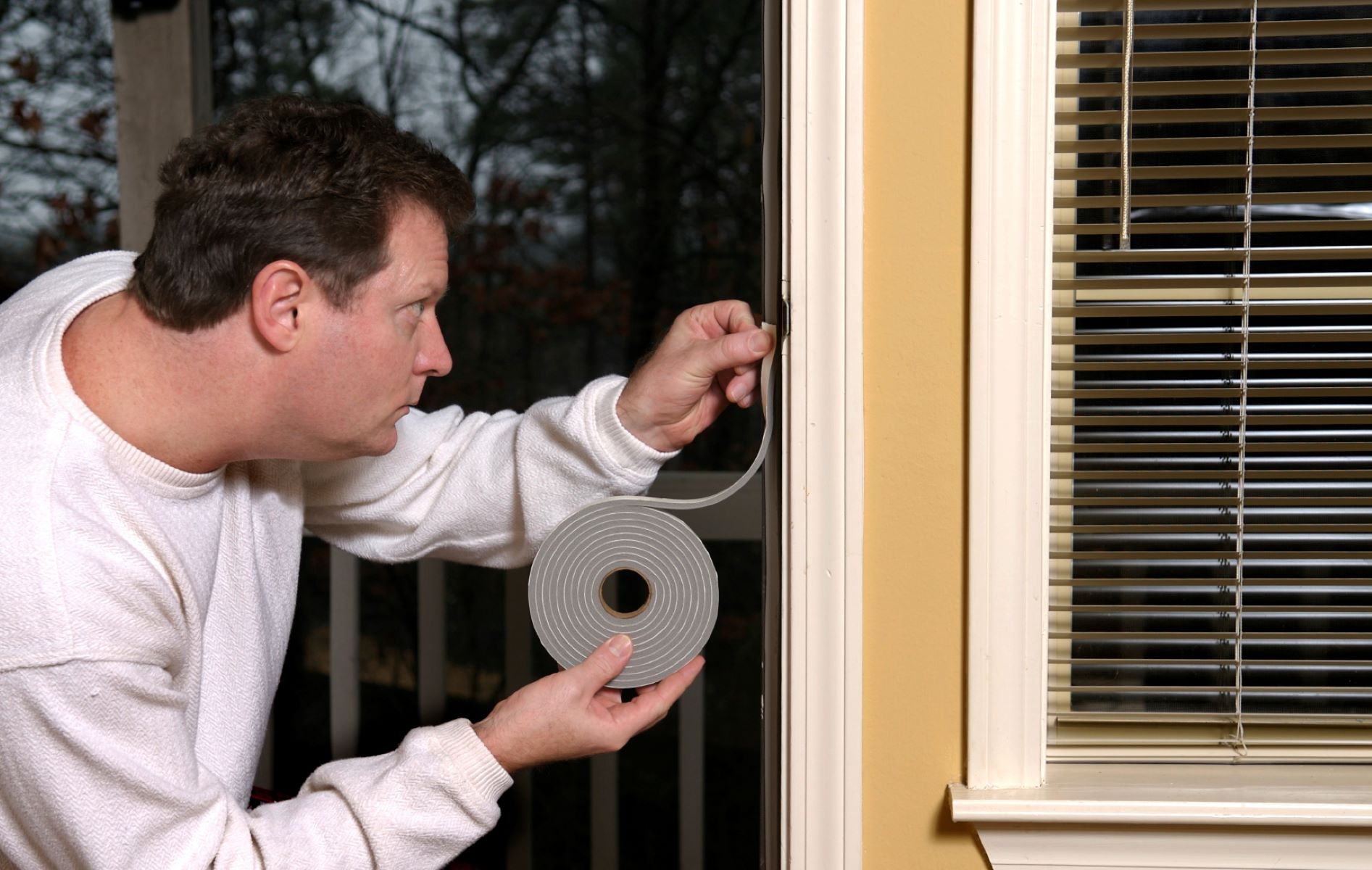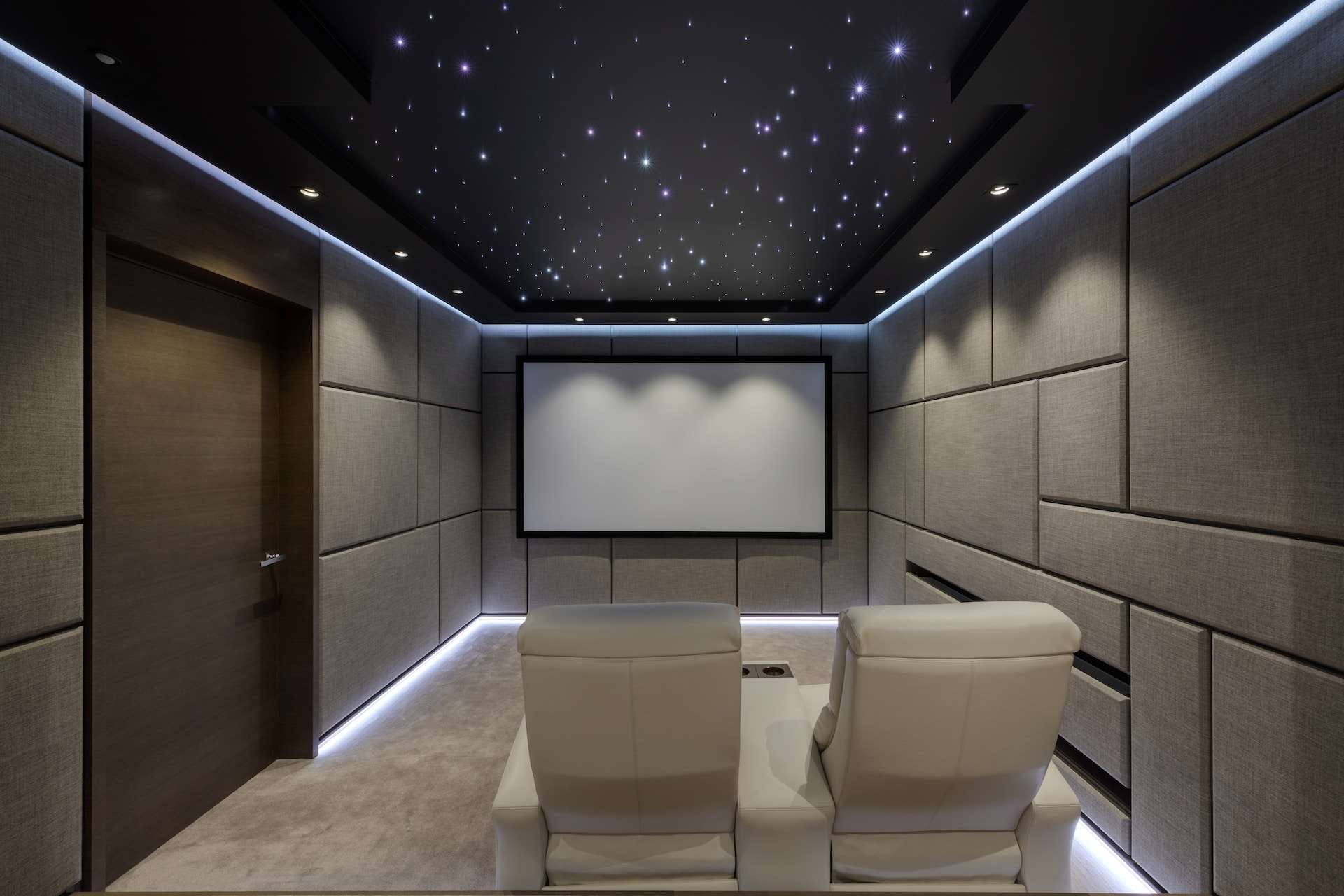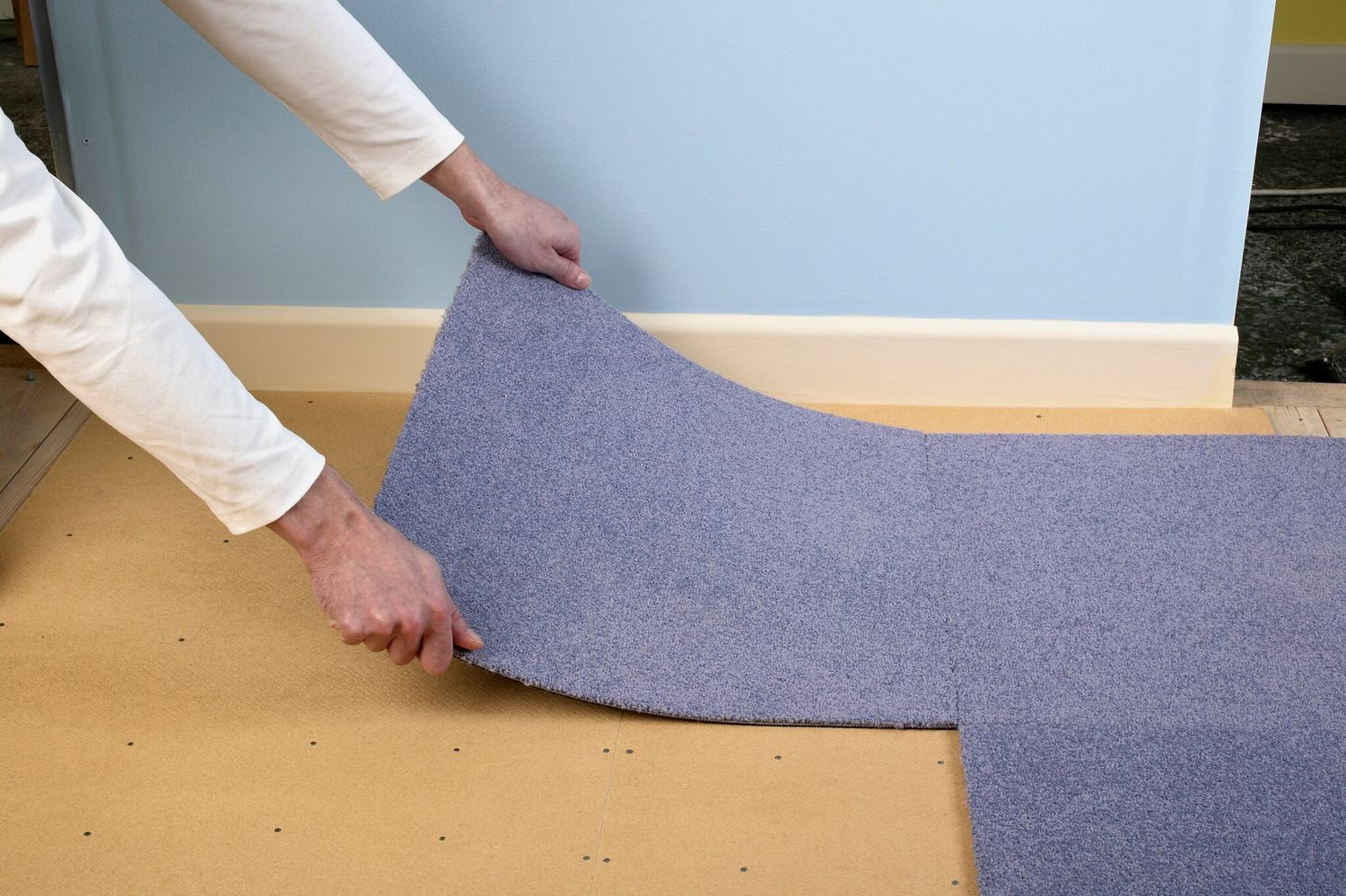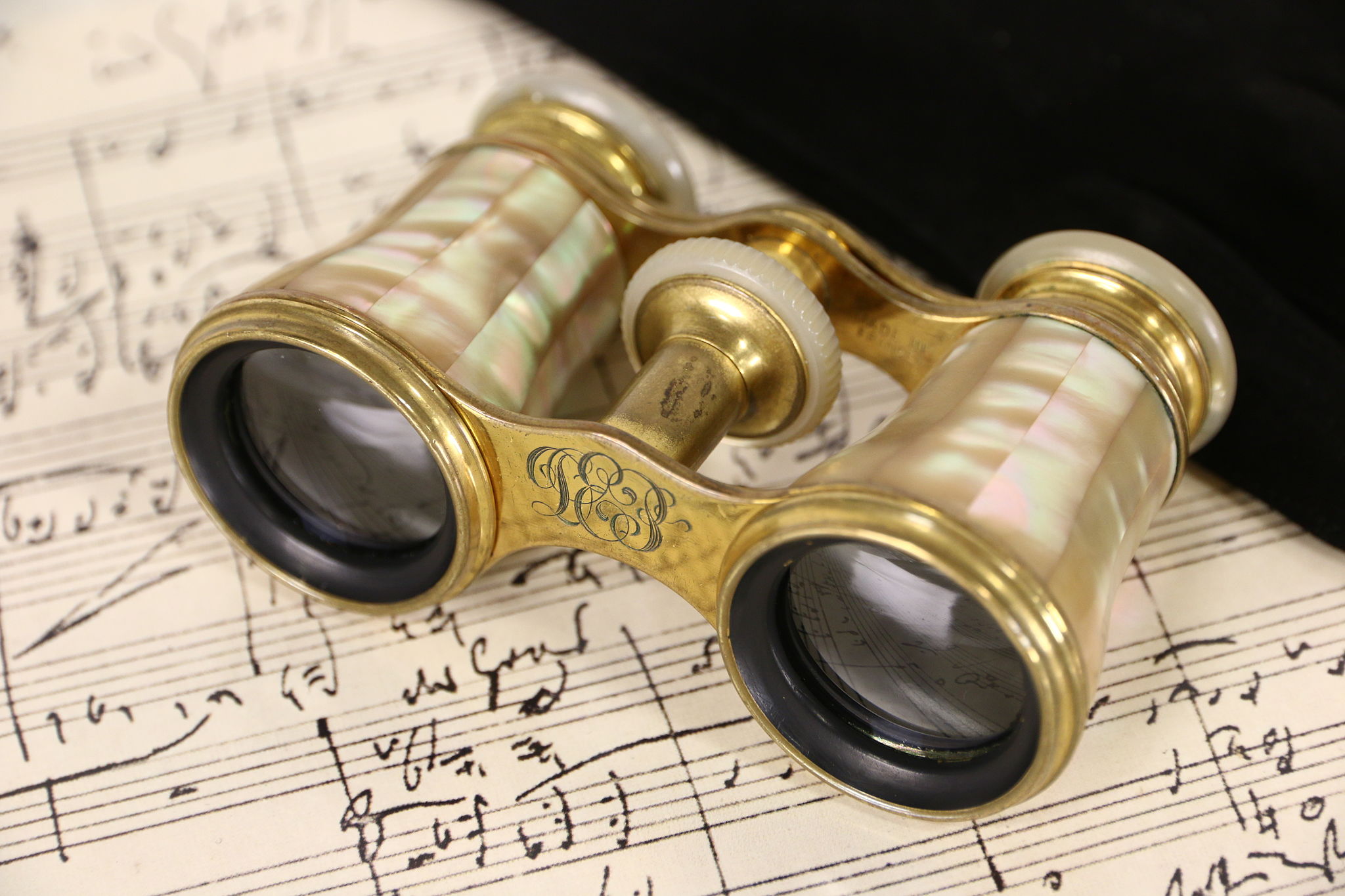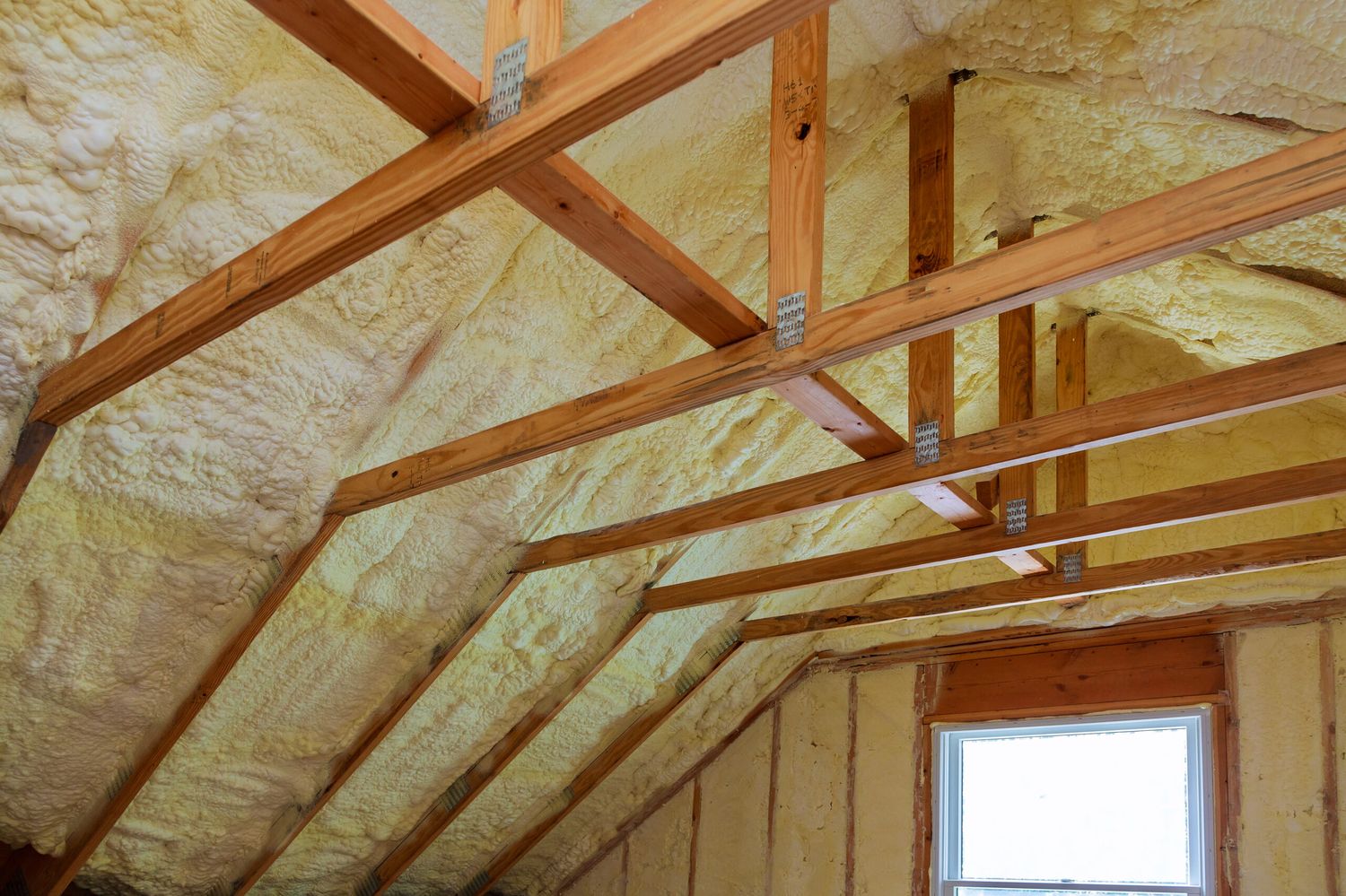Home>Production & Technology>Soundproofing>What Glass Is Best For Soundproofing
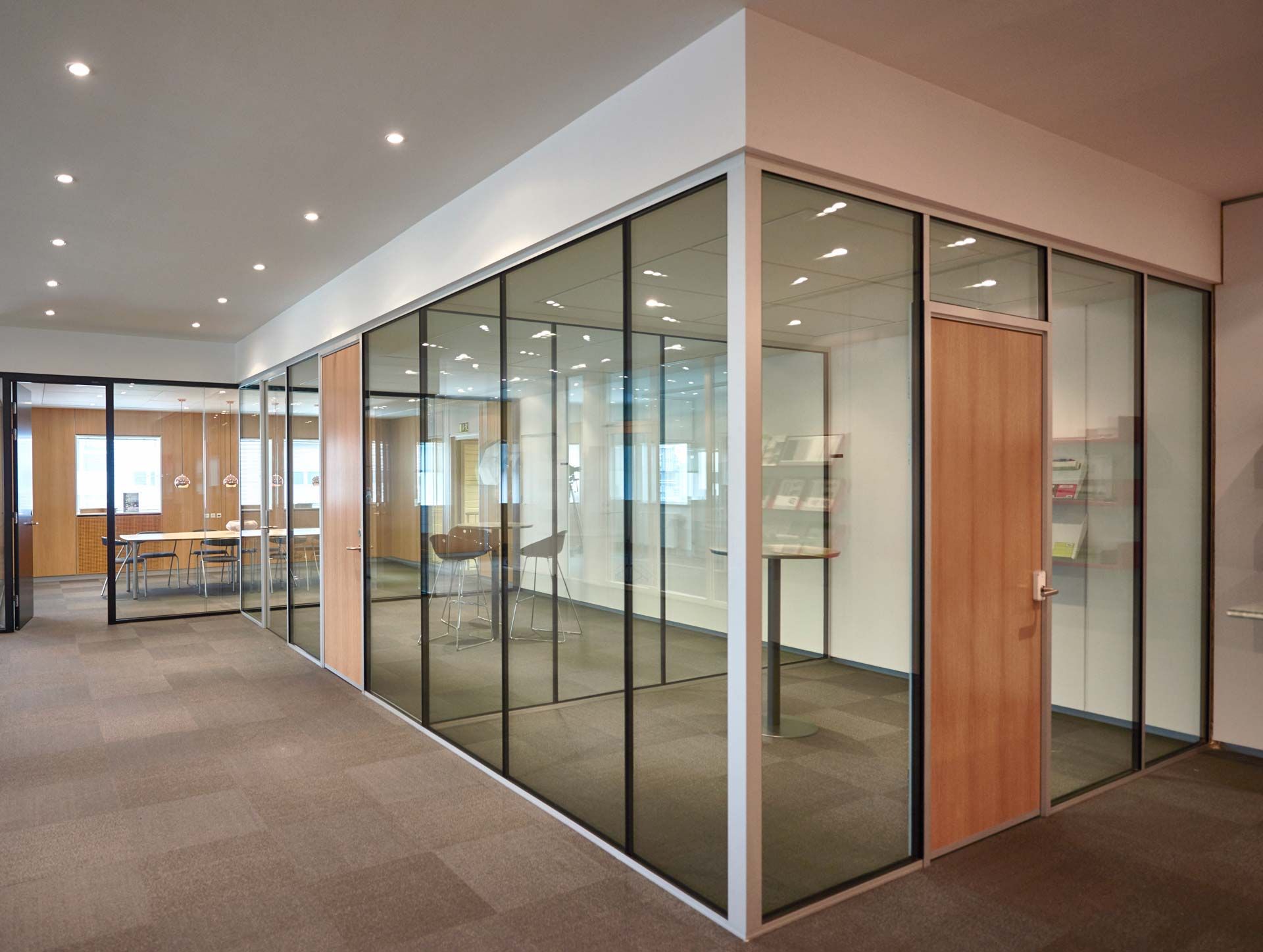

Soundproofing
What Glass Is Best For Soundproofing
Published: January 26, 2024
Discover the best glass options for soundproofing your space. Enhance your privacy and reduce noise with our soundproofing solutions.
(Many of the links in this article redirect to a specific reviewed product. Your purchase of these products through affiliate links helps to generate commission for AudioLover.com, at no extra cost. Learn more)
Table of Contents
- Introduction
- The Importance of Soundproofing
- Different Types of Glass for Soundproofing
- Laminated Glass
- Acoustic Glass
- Insulated Glass
- Factors to Consider When Choosing Glass for Soundproofing
- Sound Transmission Class (STC) rating
- Thickness of the Glass
- Air Gap
- Sealant and Framing
- Benefits and Limitations of Soundproof Glass
- Installation Methods for Soundproof Glass
- Conclusion
Introduction
Soundproofing has become an essential consideration for many individuals and businesses. Whether you live in a noisy urban area, work in a loud office, or simply want to enjoy a peaceful environment, the ability to minimize external noise can greatly enhance your quality of life. While there are various methods and materials available for soundproofing, one effective solution is the use of soundproof glass.
Soundproof glass is specifically designed to reduce noise transmission by minimizing sound waves’ ability to pass through the glass. It is a valuable option for anyone seeking improved acoustic insulation without sacrificing natural light and visibility. From residential buildings to commercial spaces, soundproof glass is gaining popularity for its ability to create tranquil and comfortable environments.
In this article, we will explore the different types of glass used for soundproofing, factors to consider when choosing soundproof glass, as well as the benefits and limitations of this solution. Whether you are looking to create a quiet office space, reduce noise pollution in your home, or simply enjoy a peaceful sleep, understanding the world of soundproof glass will empower you to make informed decisions on your soundproofing journey.
The Importance of Soundproofing
Noise pollution has become a prevalent issue in today’s fast-paced and congested world. Excessive noise can have detrimental effects on our physical and mental well-being, causing stress, sleep disturbances, reduced productivity, and even health problems. This is where soundproofing plays a crucial role.
Soundproofing involves the use of materials and techniques to reduce or block unwanted noise from entering a space. Whether it’s the honking of cars, construction noise, loud neighbors, or the constant hum of appliances, soundproofing helps create a peaceful and quiet environment in which we can relax, concentrate, and rejuvenate.
One of the key benefits of soundproofing is its ability to improve sleep quality. Getting a good night’s sleep is essential for overall health and well-being. However, loud noises can disrupt sleep patterns, leading to sleep deprivation and its associated health issues. By soundproofing your bedroom with techniques like using soundproof glass windows, you can create a serene and quiet space that promotes better sleep.
Another area where soundproofing is crucial is in commercial spaces. Offices, conference rooms, and healthcare facilities require a quiet environment for efficient work, concentration, and patient comfort. By incorporating soundproofing measures, such as using soundproof glass partitions, doors, and windows, businesses can minimize distractions and improve productivity.
For homeowners, soundproofing offers a way to create a peaceful and comfortable living environment. Whether you live in a bustling city or a noisy neighborhood, soundproofing techniques can reduce external noise, allowing you to enjoy a quieter and more relaxing home. It also helps in maintaining privacy, as soundproofing materials prevent sound from traveling in and out of your living spaces.
Furthermore, soundproofing is not just limited to interior spaces. Exterior soundproofing can be critical for reducing noise pollution, especially for homes near busy roads or airports. Soundproofing the windows and walls with soundproof glass or other insulation materials can significantly reduce the impact of exterior noise, making your home a sanctuary from the hustle and bustle of the outside world.
Overall, soundproofing provides numerous benefits for both residential and commercial settings. It creates a calmer, more comfortable environment, promotes better sleep, reduces stress, increases productivity, and enhances overall well-being. By investing in soundproofing solutions like soundproof glass, you can enjoy the peace and quiet you deserve in your daily life.
Different Types of Glass for Soundproofing
When it comes to soundproofing, not all glass is created equal. There are specific types of glass designed to provide better acoustic insulation and reduce noise transmission. Let’s explore the different types of glass commonly used for soundproofing:
- Laminated Glass: Laminated glass is composed of two or more layers of glass with an interlayer of polyvinyl butyral (PVB) or ethylene-vinyl acetate (EVA) between them. This interlayer acts as a sound-dampening material, reducing the vibration and transmission of sound waves through the glass. Laminated glass provides effective soundproofing and also offers additional benefits like enhanced security and protection against UV rays.
- Acoustic Glass: Acoustic glass, also known as sound control or sound insulating glass, is designed specifically for its noise reduction properties. It consists of multiple layers of glass with varying thicknesses and viscoelastic interlayers. These interlayers are engineered to absorb and dampen sound vibrations, preventing noise from passing through the glass. Acoustic glass is highly effective in reducing noise and is commonly used in environments where noise control is crucial, such as concert halls, recording studios, and conference rooms.
- Insulated Glass: Insulated glass, also referred to as double or triple-glazed glass, consists of two or more glass panels separated by an air or gas-filled space. The insulating layer of air or gas acts as a barrier to reduce sound transmission. Insulated glass is not specifically designed for soundproofing purposes, but it does offer some level of noise reduction. It is commonly used for energy efficiency as it provides insulation against heat transfer and reduces condensation.
These are the most commonly used types of glass for soundproofing. However, it’s important to note that the effectiveness of soundproof glass also depends on other factors, such as the thickness of the glass, the air gap between panes (in the case of insulated glass), the sealant used, and the framing system.
When choosing the right type of glass for soundproofing, it’s essential to consider your specific needs, the level of noise you want to mitigate, and your budget. Consulting with a professional soundproofing expert can help you determine the most suitable glass solution for your requirements.
Laminated Glass
Laminated glass is an excellent choice for soundproofing applications due to its ability to reduce noise transmission. It is composed of two or more layers of glass bonded together with an interlayer made of polyvinyl butyral (PVB) or ethylene-vinyl acetate (EVA). The interlayer acts as a sound-dampening material, preventing sound waves from passing through the glass.
The principle behind the soundproofing capability of laminated glass lies in its ability to absorb and isolate sound vibrations. When sound waves hit the glass, they cause the layers to vibrate. However, the interlayer material in laminated glass transforms the sound energy into heat energy, effectively reducing sound transmission.
One of the key advantages of laminated glass is its versatility. In addition to its noise reduction properties, laminated glass offers other benefits as well. For instance, it provides enhanced safety and security by firmly holding the glass together even when shattered, reducing the risk of injury from flying glass shards.
Laminated glass is also highly effective in blocking UV rays, which can fade furniture, flooring, and other interior elements. The interlayer in laminated glass blocks a significant portion of harmful UV radiation, helping to protect your interiors from sun damage.
When it comes to soundproofing, the thickness of the glass and the interlayer material play a significant role. Thicker glass and a thicker interlayer can provide better sound insulation. However, it’s important to note that the thickness of the laminated glass can impact its weight and may require specific installation considerations.
Overall, laminated glass is an excellent choice for soundproofing applications, offering effective noise reduction, enhanced safety, and UV protection. It can be used in various settings, including homes, offices, educational institutions, and healthcare facilities. When considering laminated glass for soundproofing, consulting with a professional and understanding your specific needs can help you choose the right combination of glass thickness and interlayer material to achieve optimal noise reduction.
Acoustic Glass
When it comes to achieving superior soundproofing, acoustic glass stands out as a specialized solution. Also known as sound control or sound insulating glass, it is specifically designed to minimize noise transmission and create a peaceful environment by dampening sound vibrations.
Acoustic glass consists of multiple layers of glass with varying thicknesses and viscoelastic interlayers. These interlayers are typically made of a specialized resin that can absorb and dissipate sound energy, effectively reducing the transmission of sound waves through the glass.
What sets acoustic glass apart is its ability to provide exceptional noise reduction across a wide range of sound frequencies. The viscoelastic interlayers play a crucial role in this process by converting sound energy into heat as it passes through the glass. This effectively dampens the noise and decreases the sound transmission, resulting in a quieter space.
The performance of acoustic glass is measured by its Sound Transmission Class (STC) rating. The higher the STC rating, the better the glass is at reducing sound transmission. Acoustic glass with a higher STC rating is commonly used in environments where noise control is critical, such as concert halls, recording studios, theaters, and conference rooms.
In addition to its soundproofing properties, acoustic glass shares some advantages with other types of glass. It offers excellent natural light transmission, allowing ample daylight to enter the space. This makes it particularly appealing for locations where maintaining brightness and visibility is essential.
Acoustic glass is also available in laminated versions, combining the noise reduction capabilities of acoustic glass with the safety benefits of laminated glass. These laminated acoustic glass panels provide not only exceptional soundproofing but also enhanced security and protection from UV radiation.
When considering acoustic glass for soundproofing applications, it’s important to choose the appropriate thickness and configuration based on the desired noise reduction level. Consulting with soundproofing professionals who can evaluate your specific needs and recommend the most suitable acoustic glass solution will ensure optimal results.
Whether you’re looking to create a quiet office space, enhance the acoustics of a recording studio, or simply enjoy a peaceful and tranquil environment at home, acoustic glass offers a highly effective solution for soundproofing.
Insulated Glass
Insulated glass, also known as double-glazed or triple-glazed glass, is a popular choice for both energy efficiency and soundproofing. It consists of two or more glass panels separated by an air or gas-filled space, which acts as an insulating barrier.
While the primary purpose of insulated glass is to improve energy efficiency by reducing heat transfer, it also offers some level of soundproofing benefits. The air or gas-filled space between the glass panels helps to block and dampen sound waves, reducing noise transmission.
The thickness of the glass and the width of the air or gas gap play a significant role in the soundproofing capabilities of insulated glass. Thicker glass panels and wider air gaps can provide better noise reduction. However, it’s important to note that the soundproofing performance of insulated glass may not be as effective as specially designed soundproof glass, such as laminated or acoustic glass.
Insulated glass offers additional benefits beyond soundproofing. It improves thermal insulation by reducing heat conduction, resulting in energy savings and enhanced comfort. The insulating layer between the glass panels also helps to reduce condensation, preventing moisture buildup and potential damage to windows and surrounding surfaces.
When considering insulated glass for soundproofing, it’s essential to choose the right configuration and framing. Different gases, such as argon or krypton, can be used to fill the gap between the glass panels, further enhancing the insulating and soundproofing properties.
It’s worth noting that the overall soundproofing performance of insulated glass may be influenced by other factors, such as the framing system and the sealant used. Proper installation is crucial to ensure the integrity of the insulated glass unit and maximize its soundproofing benefits.
While insulated glass is not specifically designed for soundproofing, it offers a cost-effective solution for reducing noise transmission to some extent while improving energy efficiency. It is commonly used in residential and commercial buildings where a balance between soundproofing and thermal insulation is desired.
If optimal soundproofing is a priority, it’s recommended to consider specialized soundproof glass options, such as laminated or acoustic glass. Consulting with professionals in the field can help you determine the most suitable glass solution for your specific soundproofing needs.
Factors to Consider When Choosing Glass for Soundproofing
Choosing the right glass for soundproofing requires careful consideration of various factors. Understanding these key elements will help you make an informed decision and achieve effective noise reduction in your space. Here are the factors to consider when selecting glass for soundproofing:
- Sound Transmission Class (STC) rating: The STC rating measures the soundproofing performance of a material, including glass. The higher the STC rating, the better the glass is at reducing sound transmission. Consider your desired level of noise reduction and choose glass with a suitable STC rating for your needs.
- Thickness of the glass: Thicker glass typically provides better sound insulation compared to thinner glass. Thicker glass can absorb and dampen sound vibrations more effectively, reducing noise transmission. However, it’s important to strike a balance between thickness and practicality, as thicker glass may be heavier and require specific installation considerations.
- Air gap: For insulated glass, the width of the air gap between the glass panels plays a critical role in soundproofing. A wider air gap can enhance the glass’s ability to reduce noise transmission by providing a thicker barrier for sound waves to travel through. Consider the desired noise reduction level and consult with professionals to determine the optimal air gap width for your specific needs.
- Sealant and framing: The sealant and framing system used in the installation of soundproof glass are crucial for optimal sound insulation. High-quality sealants and well-designed framing systems help minimize air gaps and ensure a tight seal, preventing sound leakage. Choose reputable manufacturers and ensure proper installation to maximize the effectiveness of the glass for soundproofing purposes.
While considering these factors, it’s important to remember that soundproofing relies on a combination of materials and techniques. Glass is just one component in creating an effective soundproof barrier. Other elements, such as window frames, weather stripping, and wall insulation, should also be taken into account to achieve comprehensive soundproofing.
Furthermore, it’s recommended to consult with soundproofing professionals who can assess your space, evaluate the specific noise concerns, and recommend the most suitable glass solution based on your needs and budget. They can provide valuable expertise and ensure that the chosen glass meets your desired soundproofing requirements.
By considering factors such as the STC rating, glass thickness, air gap width, and sealant/framing system, you can select the most appropriate glass for soundproofing. Customizing the glass solution to your specific needs will help create a quiet and peaceful environment, allowing you to enjoy the benefits of effective noise reduction.
Sound Transmission Class (STC) rating
The Sound Transmission Class (STC) rating is a numerical value that measures the soundproofing performance of a material, including glass. It indicates how well the material can reduce sound transmission from one space to another. When choosing glass for soundproofing, the STC rating is an important factor to consider.
The STC rating is determined by subjecting the material to a series of standardized tests. These tests measure the material’s ability to block sound across a range of frequencies, from low-pitched sounds to high-pitched sounds. The higher the STC rating, the better the material is at reducing noise transmission.
For example, if a glass panel has an STC rating of 35, it means that it can reduce sound transmission by 35 decibels across a variety of frequencies. Keep in mind that the STC rating is an average value and can vary depending on the specific frequencies tested.
When selecting glass for soundproofing, it’s essential to consider the desired level of noise reduction. For spaces where privacy and minimal noise intrusion are essential, such as bedrooms or conference rooms, glass with a higher STC rating is recommended. On the other hand, areas where some ambient sound is acceptable, such as living rooms or office spaces, may require glass with a lower STC rating.
It’s important to note that the overall soundproofing performance is not solely determined by the glass’s STC rating. Factors such as glass thickness, air gaps, and the entire window system, including framing and seals, also contribute to the sound insulation capabilities. Proper installation and complementary soundproofing measures should be implemented along with high-STC-rated glass to ensure optimal noise reduction.
Furthermore, it’s crucial to understand that achieving complete silence is not always possible, even with high-STC-rated glass. Soundproofing glass can significantly reduce noise transmission, but it cannot eliminate all sound completely, especially for extremely loud or low-frequency noises.
When selecting glass based on STC ratings, consult with professionals who specialize in soundproofing. They can assess your specific needs, evaluate the noise concerns, and recommend the most suitable glass solution to achieve the desired level of soundproofing.
In summary, understanding the STC rating of glass is essential for selecting the appropriate soundproofing solution. By considering the desired level of noise reduction and partnering with experts, you can choose glass with an optimal STC rating to create a quiet and peaceful environment.
Thickness of the Glass
The thickness of the glass plays a significant role in its soundproofing capabilities. Thicker glass has a greater mass, which helps to absorb and dampen sound vibrations, reducing noise transmission. When choosing glass for soundproofing, considering the thickness is an important factor to consider.
Thicker glass panels effectively block and attenuate sound waves, making them ideal for environments where noise reduction is critical, such as recording studios, theaters, or bedrooms in noisy areas. The additional mass of the glass helps to absorb and dissipate sound energy, preventing it from passing through the glass and into the space.
The thickness of the glass can vary depending on the desired level of sound insulation and specific noise concerns. Generally, thicker glass is more effective at reducing noise, but it is essential to strike a balance between thickness and practicality. Thicker glass can be heavier, requiring stronger frames and additional support during installation.
In some cases, laminated glass may be a preferable alternative to achieve the desired thickness. Laminated glass consists of multiple layers of glass bonded together with an interlayer. This interlayer not only provides additional mass but also serves as a vibration-dampening material, further enhancing sound insulation.
It’s important to note that while thicker glass offers better soundproofing, it may not be the sole determining factor. Other elements, such as the sealant, framing system, and overall window construction, also contribute to the overall soundproofing performance. Proper installation and addressing any potential gaps or weak points are crucial to ensuring effective noise reduction.
Consulting with professionals who specialize in soundproofing can help determine the most suitable thickness of glass for your specific needs. They can evaluate the noise concerns and provide expert advice on achieving optimal sound insulation while considering practical and budgetary constraints.
In summary, the thickness of the glass is an important consideration when choosing glass for soundproofing. Thicker glass offers better sound insulation by absorbing and blocking sound vibrations. However, it is important to balance thickness with practicality and consider other factors like framing and installation for optimal soundproofing results.
Air Gap
The air gap, or space, between glass panes is an essential component in soundproofing glass and plays a key role in reducing noise transmission. When choosing glass for soundproofing, considering the width of the air gap is an important factor to consider.
The air gap acts as an additional barrier that helps to block and dissipate sound waves as they travel through the glass. It creates a buffer zone that interrupts the transmission of sound vibrations, reducing noise transfer into the space. The wider the air gap, the more effective the glass is at sound insulation.
The size of the air gap can vary depending on various factors, including the desired level of noise reduction, the specific frequencies of concern, and the available space for the glass installation. Generally, a wider air gap provides better sound insulation; however, it’s important to note that certain design limitations may restrict the maximum width.
In insulated glass units (IGUs), the air gap is often filled with an insulating gas, such as argon or krypton. These gases further enhance the insulating properties of the air gap and improve soundproofing capabilities. The gas fill helps to minimize air movement and reduce the transmission of sound vibrations through the glass.
In addition to the width of the air gap, the quality of the seal between the glass panes is crucial. A well-sealed air gap prevents the leakage of air and sound, ensuring that the glass performs optimally in reducing noise transmission. Proper installation techniques and the use of high-quality sealants are essential to maintaining the integrity of the air gap.
Consulting with professionals specialized in soundproofing can help determine the optimal width of the air gap for your specific needs. They can assess the noise concerns in your space and recommend the most suitable configuration to achieve the desired level of sound insulation.
In summary, the air gap between glass panes plays a significant role in soundproofing. A wider air gap, particularly when combined with insulating gas, enhances the glass’s ability to block and dissipate sound vibrations. Consulting with experts can help determine the appropriate air gap width and ensure proper installation for effective soundproofing results.
Sealant and Framing
The sealant and framing system used in the installation of soundproof glass are crucial elements that contribute to effective noise reduction. When choosing glass for soundproofing, considering the quality of the sealant and framing is essential.
Sealant acts as a barrier against air and sound leaks. It prevents the passage of sound waves through gaps between the glass and the frame, ensuring that the glass performs optimally in reducing noise transmission. High-quality sealants, specifically designed for soundproofing applications, are essential to creating an airtight seal.
Framing systems also play a significant role in soundproofing. The design and construction of the frame determine the overall stability of the glass, as well as its ability to block sound vibrations. High-quality frames with appropriate materials and construction techniques help reduce noise transmission and maintain the integrity of the glass installation.
When selecting the sealant and framing system for soundproofing glass, it’s important to choose reputable manufacturers and consult with professionals in the field. They can recommend suitable sealants and framing materials that are specifically designed for soundproofing purposes.
Proper installation of the sealant and framing is crucial to ensure the effectiveness of the soundproof glass. It requires attention to detail and adherence to industry best practices. Working with experienced professionals who specialize in soundproofing ensures that the sealant is applied correctly and the framing system is installed properly, minimizing any potential gaps or weak points that could compromise sound insulation.
It’s worth noting that the sealant and framing system should be compatible with the specific type of glass being used, whether it’s laminated glass, acoustic glass, or insulated glass. Different types of glass may have specific requirements and installation guidelines to achieve optimal soundproofing results.
When installing soundproof glass, it’s important to understand that even the highest quality sealant and framing system cannot eliminate all sound completely. However, they significantly reduce noise transmission and improve the overall soundproofing performance.
In summary, the sealant and framing system are critical considerations when choosing glass for soundproofing. High-quality sealants and well-designed frames help create an airtight seal and prevent sound leakage. Working with professionals who specialize in soundproofing ensures proper installation and maximizes the effectiveness of the glass for sound insulation.
Benefits and Limitations of Soundproof Glass
Soundproof glass offers a range of benefits for those seeking to reduce noise transmission and create a more peaceful environment. However, like any solution, it also has its limitations. Understanding both the benefits and limitations of soundproof glass will help you make an informed decision for your soundproofing needs.
Benefits:
- Noise reduction: The primary benefit of soundproof glass is its ability to significantly reduce noise transmission. It creates a barrier that absorbs and blocks sound vibrations, providing a quieter and more comfortable space.
- Improved privacy: Soundproof glass helps maintain privacy by preventing sound from traveling in and out of a room. It reduces the risk of conversations being overheard and creates a more confidential environment.
- Uninterrupted natural light: Soundproof glass allows natural light to enter a space without compromising its soundproofing capabilities. It ensures that the benefits of daylighting, such as improved mood and increased productivity, can be enjoyed while reducing noise.
- Enhanced safety: Some types of soundproof glass, such as laminated glass, offer enhanced safety by remaining intact even if shattered. This reduces the risk of injury from broken glass and provides extra security for your space.
- Protection from UV radiation: Certain soundproof glass options, such as laminated glass, can block a significant portion of harmful UV rays. This helps minimize sun damage to furniture, flooring, and other interior elements.
Limitations:
- Cost: Soundproof glass can be more expensive than traditional glass options due to its specialized design and manufacturing processes. The cost may vary depending on the type of glass, thickness, and other factors.
- Installation considerations: Installing soundproof glass requires expertise to ensure proper sealing, framing, and integration with the existing structure. Professional installation is recommended to achieve optimal soundproofing performance.
- Complete sound elimination: While soundproof glass significantly reduces noise transmission, it cannot completely eliminate all sound. Extremely loud or low-frequency noises may still be partially audible, although at reduced levels.
- Compatibility with existing windows: Retrofitting soundproof glass onto existing windows or frames may not always be feasible or cost-effective. In some cases, a complete window replacement may be necessary.
Despite its limitations, soundproof glass remains a valuable solution for creating a more tranquil environment with reduced noise intrusion. By weighing the benefits and limitations, consulting with professionals, and considering your specific needs and budget, you can determine whether soundproof glass is the right choice for your soundproofing requirements.
Installation Methods for Soundproof Glass
Proper installation is crucial to ensure the optimal performance of soundproof glass. The installation methods for soundproof glass may vary depending on factors such as the type of glass, the existing window frames, and the specific soundproofing goals. Here are some common installation methods for soundproof glass:
- Full window replacement: One method is to completely replace the existing windows with soundproof glass units. This involves removing the old windows and installing new soundproof glass windows specifically designed for noise reduction. Full window replacement provides the most comprehensive soundproofing solution but can be more expensive and require more extensive installation.
- Air gap installation: For soundproof glass with an air gap, the installation process involves creating a proper spacer system between the glass panes to maintain the desired width of the air gap. This may require adding or modifying the framing system to accommodate the wider dimensions of the soundproof glass unit.
- Laminated glass installation: Laminated glass is often installed using a technique called “dry glaze” or “structural glazing.” This method involves bonding the laminated glass panel to the window frame using a high-quality adhesive or silicone sealant. The installation should be performed carefully to ensure a tight, secure, and airtight fit.
- Treatments for existing windows: If complete window replacement is not practical or feasible, there are options for retrofitting soundproofing treatments onto existing windows. This may involve adding soundproofing film or inserts to the existing windows, which can help reduce noise transmission to some extent.
It’s important to note that the complexity of the installation can vary depending on the specific requirements and the expertise of the installer. To ensure the best results, it is recommended to work with professionals experienced in soundproofing and glass installation. They can assess your space, provide expert advice on the most suitable installation method, and ensure that the soundproof glass is properly sealed, aligned, and integrated with the existing structure.
Additionally, the manufacturer’s guidelines and recommendations should be followed during the installation process. This helps to ensure that the installation is compliant with the manufacturer’s specifications and maintains any warranties associated with the soundproof glass product.
In summary, the installation methods for soundproof glass can vary depending on the specific requirements and type of glass being used. Full window replacement, air gap installation, laminated glass installation, and retrofitting treatments onto existing windows are some common methods. Consulting with professionals and following the manufacturer’s guidelines are essential to achieve a proper and effective installation for optimal soundproofing performance.
Conclusion
Soundproof glass is a valuable solution for reducing noise transmission and creating a more peaceful and comfortable environment. Whether you are looking to minimize external noise in your home, office, or commercial space, understanding the different types of soundproof glass and the factors to consider when choosing them is essential.
Laminated glass offers effective noise reduction, enhanced safety, and protection from UV rays. Acoustic glass is specifically designed for sound control and provides exceptional noise reduction across a wide range of frequencies. Insulated glass, with its air or gas-filled space, offers some level of soundproofing while improving energy efficiency.
When selecting soundproof glass, factors such as the Sound Transmission Class (STC) rating, glass thickness, width of the air gap (in the case of insulated glass), and the quality of the sealant and framing system should be considered. Consulting with professionals specializing in soundproofing can help you determine the most suitable glass solution for your specific needs.
Soundproof glass offers several benefits, including noise reduction, improved privacy, abundant natural light, enhanced safety, and protection against UV rays. However, it’s important to be aware of its limitations, such as cost, installation considerations, and the inability to completely eliminate all sound.
Proper installation methods, whether it involves full window replacement, air gap installation, laminated glass installation, or retrofitting treatments, are crucial for achieving optimal soundproofing performance. Working with professionals and following manufacturer guidelines during installation ensure a proper and effective soundproof glass installation.
In conclusion, soundproof glass is a valuable investment for anyone seeking to create a quieter and more comfortable environment. By understanding the different types of soundproof glass, considering the relevant factors, and ensuring proper installation, you can achieve effective noise reduction and enjoy the benefits of a peaceful and tranquil space.

